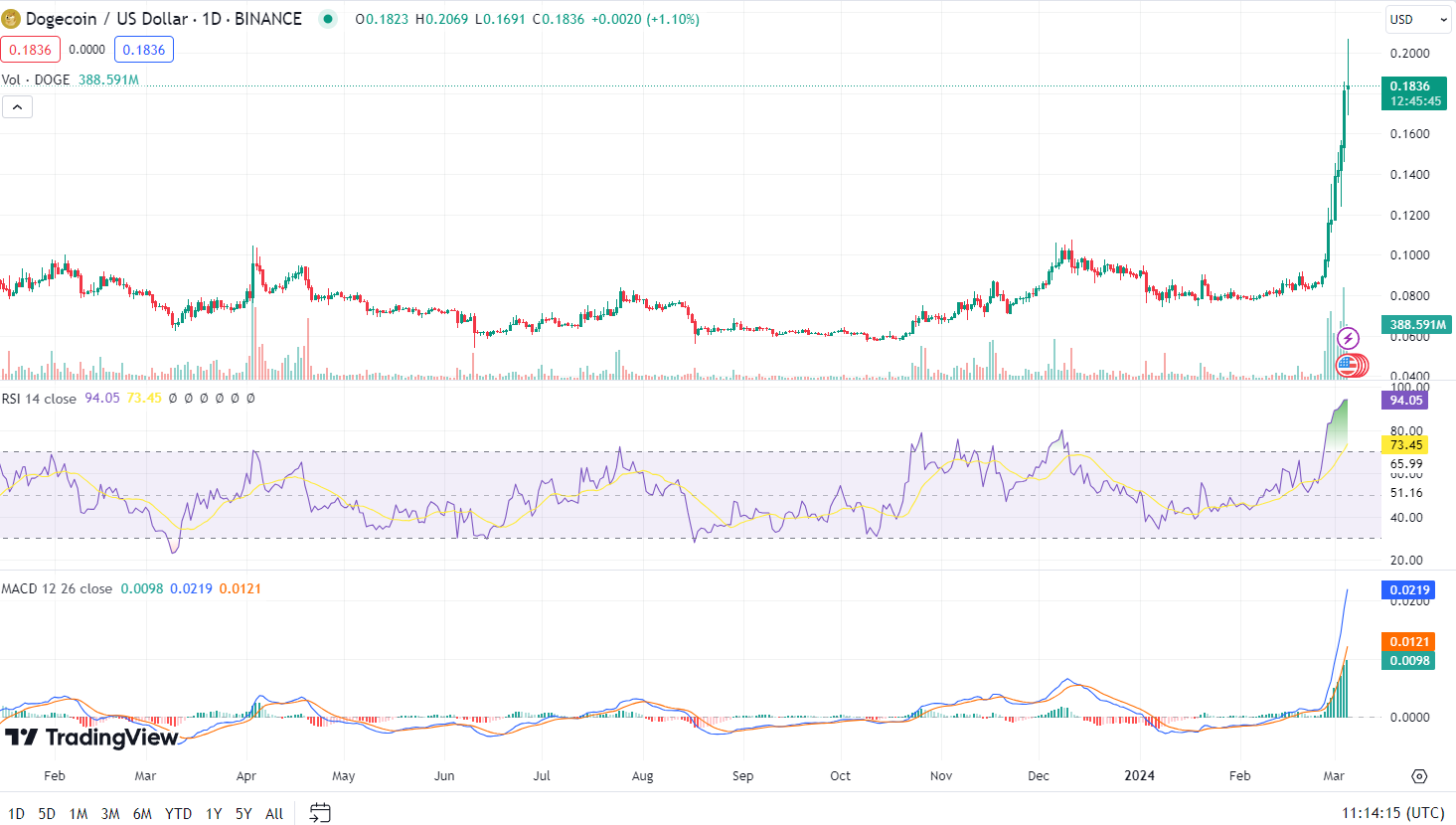Master Web3 Skills with Remote Learning Opportunities from Online Schools
To acquire proficiency in blockchain technologies, prioritize platforms such as Consensys Academy and Coursera. Both offer structured programs that cater to various experience levels, from novices to advanced developers, ensuring a robust understanding of the ecosystem.
Consider enrolling in a program like the Buildspace, which emphasizes hands-on projects. Building practical applications enhances comprehension and retention of complex concepts. Additionally, exploring community-driven initiatives like CryptoZombies can make the learning process engaging while developing Solidity coding skills.
For those keen on decentralized finance, the DeFi University provides specialized courses. This focus allows for deep dives into areas such as yield farming, liquidity pools, and smart contract auditing, empowering you to navigate the intricacies of this booming sector confidently.
Participating in hackathons and coding boot camps is another effective approach. These events often feature mentorship opportunities while collaborating with peers fosters an environment rich in innovation and practical experience.
Finding the Right Online Course for Blockchain Development
Select a program that offers hands-on projects. Engage in practical assignments to solidify understanding and showcase your work to potential employers.
Criteria for Course Selection
- Curriculum: Ensure the syllabus covers key topics such as smart contracts, decentralized applications, and blockchain architecture.
- Instructor Credentials: Verify the instructors’ experience in the blockchain sector. Look for professionals with practical experience and a history of successful projects.
- Community Support: Assess if the course provides access to forums, study groups, or mentorship to facilitate peer learning and networking.
- Flexibility: Choose programs that allow you to learn at your own pace, accommodating your schedule and commitments.
- Certification: Consider courses that offer a recognized certificate upon completion, enhancing your résumé.
Resources for Course Comparison
- Course Review Websites: Utilize platforms like Course Report or Class Central to compare user experiences and ratings.
- Social Media: Follow discussions in LinkedIn groups or Reddit communities focused on blockchain to gather insights and personal recommendations.
- Trial Classes: Opt for courses that provide free trials or introductory sessions to gauge teaching styles and content quality.
Shortlist several options, and reach out to alumni for firsthand reviews. Their insights can inform your choice and help you identify the best fit for your career aspirations.
Understanding the Basics of Smart Contracts in Web3
Smart contracts are self-executing contracts with the terms of the agreement directly written into code. They operate on blockchain technology, ensuring transparency and security. To utilize these contracts effectively, familiarize yourself with the following key components:
1. Structure and Syntax
Smart contracts are primarily developed using programming languages like Solidity for Ethereum. Understanding the basic syntax, functions, and data types is crucial. Start with simple functions, variable declarations, and contract structure. Resources like online coding platforms offer tutorials and examples of foundational concepts.
2. Deployment and Interaction
After coding, deploy your contract on a test network such as Rinkeby or Ropsten. Practice interacting with the contract using tools like Remix or Truffle. Familiarity with transaction costs (gas fees) and how to estimate them will enhance your ability to manage contracts efficiently.
Explore the implications of contract security. Study common vulnerabilities, such as reentrancy attacks or integer overflow, to safeguard your contracts. Utilize testing frameworks to simulate various scenarios before deploying to the main network.
Engagement with communities on platforms like GitHub or Stack Overflow can provide practical insights and mentorship. Joining groups focused on blockchain development can further accelerate your understanding.
Finally, keep abreast of advancements and updates in the ecosystem as technologies and best practices evolve. Follow reputable blogs and participate in discussions to stay informed.
Choosing Between Solidity and Other Programming Languages
Solidity is the primary language for writing smart contracts on the Ethereum blockchain and is specifically designed for this purpose. If your focus is on Ethereum, choosing Solidity is a strategic advantage due to its robust ecosystem and extensive libraries.
For developers aiming at compatibility with multiple blockchains, consider alternatives like Vyper or Rust. Vyper shares syntax similarities with Python, making it more accessible for developers familiar with that language. Rust, used in projects like Polkadot and Solana, offers exceptional performance and memory safety, appealing for complex applications.
If your intention is to develop decentralized applications (dApps) that operate across multiple ecosystems, JavaScript is worth exploring. With frameworks like web3.js, it provides flexibility and integration capabilities while leveraging familiar syntax.
When assessing your choice, weigh the project requirements against each language’s strengths. Solidity excels in Ethereum-specific contexts, while alternatives can provide benefits in terms of speed, safety, or cross-platform functionality. Prioritize the technology stack that aligns best with your long-term development goals.
Participating in Web3 Communities for Practical Learning
Join platforms like Discord and Telegram to engage with active communities focused on decentralized technologies. Participate in discussions, ask questions, and seek advice from experienced developers and enthusiasts. This direct interaction can provide insights that formal education might not cover.
Contribute to Open Source Projects
Identify open-source initiatives related to blockchain or other decentralized applications. Contributing code, reporting issues, or even assisting with documentation can accelerate your understanding and allow you to collaborate with others. Websites like GitHub and GitLab host many such projects where you can find opportunities tailored to your skill level.
Attend Meetups and Hackathons
Look for regional or virtual gatherings that focus on decentralized technologies. These events often feature workshops, networking opportunities, and collaborative coding sessions. Hackathons are particularly valuable for applying your knowledge in practical scenarios while working alongside peers and mentors.
Building a Portfolio of Web3 Projects While Learning
Create a diverse portfolio that showcases multiple projects. Select different areas such as smart contracts, decentralized applications (dApps), and NFT marketplaces. This variety demonstrates versatility and adaptability.
Focus on real-world problems that your projects aim to solve. Iterate and improve your work based on user feedback, ensuring that each project is both functional and user-friendly.
Participate in hackathons and open-source initiatives. These events provide exposure, networking opportunities, and practical experience working on collaborative projects. Document your contributions to these initiatives in your portfolio.
Join communities related to blockchain technology and development. Engaging in forums, social media groups, and online meetups allows you to share your work and gain insights from peers and industry leaders.
Utilize GitHub to host your projects. This platform not only serves as a version control system but also showcases your coding abilities to potential employers. Make sure to include detailed documentation for each project.
Consider creating a personal website. This will serve as a centralized hub for your portfolio, featuring project details, links to GitHub repositories, and blog posts discussing various challenges and learnings.
Keep an updated calendar of trends in the blockchain ecosystem. Understanding market dynamics can inspire new project ideas or improvements on existing ones.
Engage in peer reviews. Collaborating with others allows for constructive criticism, which can significantly enhance the quality of your projects.
| Project Type | Description | Technologies Used |
|---|---|---|
| Smart Contract | Automated agreements for token transactions. | Solidity, Ethereum |
| dApp | Application offering decentralized services. | React, Web3.js |
| NFT Marketplace | Platform for buying and selling digital assets. | IPFS, Ethereum |
Finally, reflect regularly on your experiences and the lessons learned. This practice not only solidifies your knowledge but also enhances your ability to articulate your journey to potential employers or collaborators.
Staying Updated with Trends and Technologies in the Web3 Space
Follow industry leaders and innovative projects on platforms like Twitter and LinkedIn to receive real-time insights. Join relevant Telegram and Discord groups to engage in discussions and gain firsthand knowledge from practitioners.
Key Resources for Continuous Education
- Podcasts: Listen to podcasts like “Unchained” and “Bankless” that focus on emerging developments.
- Newsletters: Subscribe to newsletters such as “The Defiant” and “CoinDesk” for curated content and trend analysis.
- Forums: Participate in discussion forums like Reddit’s r/cryptocurrency to stay connected with community insights.
Hands-on Experience and Projects
- Engage in hackathons and competitions to apply knowledge and network with other enthusiasts.
- Contribute to open-source projects on GitHub to expand your understanding and collaborate with others.
- Experiment with decentralized applications to gain practical insight into their functionalities.
Regularly attending webinars and workshops hosted by industry leaders enhances knowledge and provides networking opportunities. Keep track of new tools and technologies via platforms like GitHub, showcasing the latest trends and updates in the field.
Q&A: Online Web3 Schools Learn Web3 Remotely
What are the best resources to learn about web3 development for aspiring web3 developers transitioning from web2?
Aspiring web3 developers moving from web2 can explore free resources like web3 bootcamp platforms, curated web3 course directories, and community-driven learning such as Web3 University. These options help cover the fundamentals of blockchain, smart contract development, and full-stack web3 applications through project-based learning.
How does the roadmap for becoming a web3 developer differ from traditional web development paths?
The developer roadmap for becoming a web3 developer places a stronger emphasis on blockchain fundamentals, smart contracts, and decentralized applications. Unlike traditional web development, web3 education includes learning tools like Truffle, Solidity, and exploring the broader web3 ecosystem including NFTs and crypto integrations.
What programming languages and tools are essential for web3 beginner learning paths?
For web3 beginner learning, it’s crucial to learn programming languages such as Solidity for smart contracts and JavaScript for full-stack development. Tools like Hardhat, Truffle, and frameworks for building web3 apps are part of the essential web3 technologies every blockchain developer must understand.
How can a web2 developer get into web3 and start a successful web3 career?
A web2 developer can get into web3 by focusing on a structured approach to learning blockchain fundamentals and enrolling in a complete web3 developer course or web3 bootcamp. Building real-world web3 applications, engaging with web3 companies, and understanding the in-demand web3 skills will help transition into the world of web3 effectively.
What are the best web3 learning strategies for web developers looking to transition from web2 to web3?
Web developers moving from web2 to web3 should focus on structured web3 learning through hands-on tutorials, project-based learning details, and exploring personal web3 projects. These approaches help solidify web3 knowledge and accelerate the web3 journey by bridging traditional software development with web3 and blockchain technologies.
How can someone get started with web3 and choose the right web3 tools for learning?
To get started with web3, it’s important to select the right web3 tools, such as Truffle, which is a development environment for smart contracts. Combining these tools with clear guidance on languages to learn—like Solidity and JavaScript—can help individuals build a strong foundation and navigate the web3 revolution effectively.
Why is learning Solidity essential for those who want to become a blockchain developer or web3 professional?
Learning Solidity is crucial for anyone aiming to become a blockchain developer or web3 professional because it is the primary language for writing smart contracts. Mastery of Solidity enables deeper involvement in web3 and blockchain projects, supporting participation in popular web3 platforms and decentralized applications.
What are some of the most popular web3 projects that help developers build web3 knowledge through hands-on experience?
Some of the most popular web3 projects for learning include decentralized finance apps, NFT marketplaces, and DAO platforms. These projects offer real-world challenges and are ideal for developers to gain web3 knowledge, understand the software development cycle in web 3.0, and grow into experienced web3 developers.
What are the most effective ways to learn the languages to learn for web3 development, and how do web3 developers get started with tools like Truffle?
The most effective ways to learn the languages to learn for web3 include hands-on coding with Solidity, JavaScript, and TypeScript, paired with project-based learning. Web3 developers get practical experience by building decentralized applications, and Truffle is a development framework that simplifies smart contract testing, deployment, and management, making it an essential tool for beginners and professionals alike.


